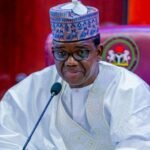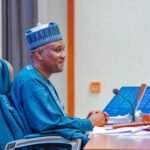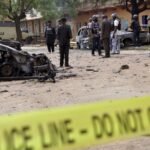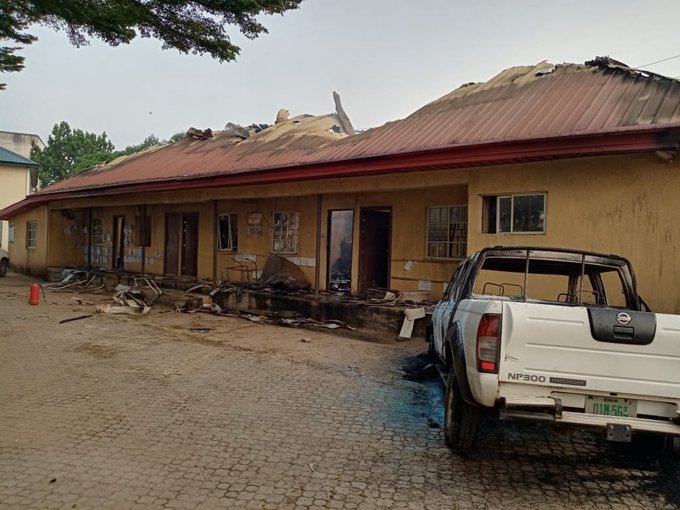Apparently, the recurrent attacks on INEC facilities in Nigeria may be political or invitation of anarchy. Since the return of democracy in Nigeria, every Election has come with its own peculiarities and challenges. In 1999, the apprehension was whether or not the military would allow the law run its course.
In 2003, the question was whether Nigerians were going to allow the ruling party as at then, the Peoples Democratic Party, continue running the affairs of the country. In 2007, while it was obvious that Olusegun Obasanjo was going to hand over the baton to another person, a section of the country wanted one of the opposition parties to take over, but it did not happen. In 2011, the sentiment was whether Goodluck Jonathan should be permitted to run on a new ticket of his or the presidency should return to the north where late President Musa Yaradua came from. However, in 2015, the unexpected happened, which saw the end of the PDP era and ushered in the All Progressives’ Congress.
Fast forward to 2023, the ominous reality staring the average Nigerian in the face is a choice between the known past of both the APC and PDP or complete change in the trajectory by voting a new party among the 18 political options. Beyond sifting through all the options is the unfortunate and seeming hindrance which may stall the electoral process. What started as mere secessionist agitations in certain sections of the country have now transformed into encumbrances against the 2023 general elections.
While the country thought it had overcome the dark era of electoral violence, owing to the various innovations by the Independent National Electoral Commission and the upgrade of our electoral laws, attacks on INEC facilities now seem to be the order of the day.
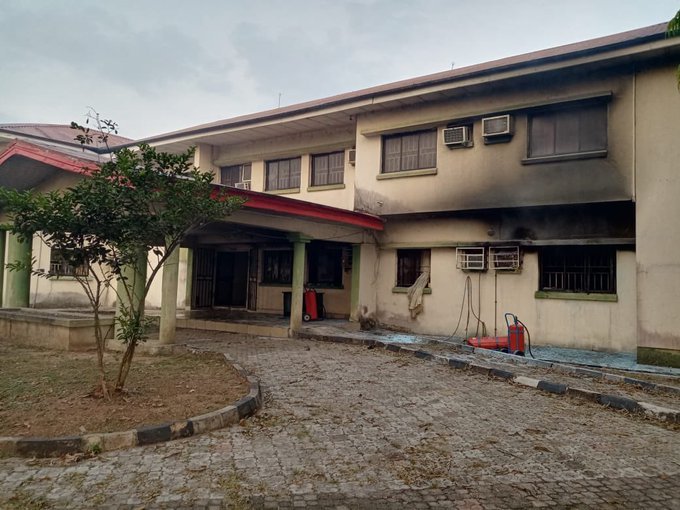
Unfortunately, INEC announced that it has so far recorded 50 incidents of attacks on its offices from 2019 to 2022.
According to statistics released by the commission recently, 11 in Imo, 7 in Osun, 5 in Enugu, 5 in Akwa Ibom, 4 in Ebonyi, 4 in Cross River, and 4 in Abia, 2 in Anambra, 2 in Taraba, and 1 each in Kaduna, Borno, Bayelsa, Ondo, Lagos, and Ogun.
The data shows that the year in which the highest number of incidents was recorded is 2020 with 22 attacks, followed by 2021 with 12, and 2019 and 2022 with 8 attacks each.
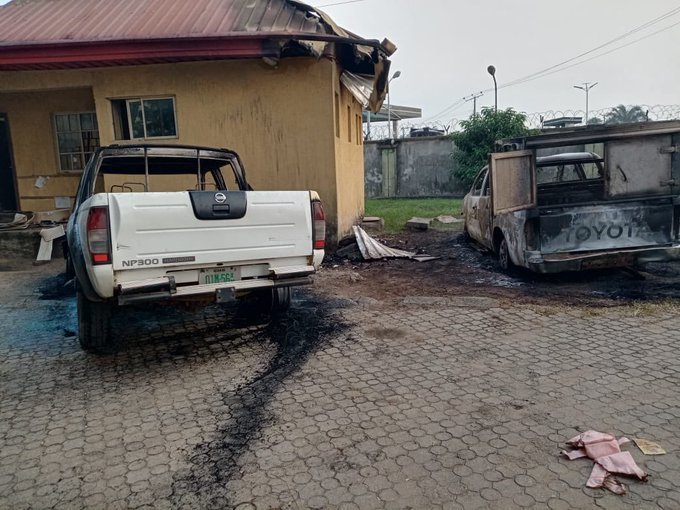
Nevertheless, Chairman of INEC, Professor Mahmood Yakubu, has promised that the commission will procure new devices to replace the damaged ones, but he however stressed that the commission cannot continue with the incessant attacks on its facilities across the country.
The big question begging for answer right now is whether it will be possible to have free, fair, credible and transparent elections in a hostile atmosphere if something urgent is not done to nip these attacks in the bud.
Come what may, my candid admonition is that the Federal Government should double its efforts and if possible, triple the number of security operatives at INEC facilities, particularly where the secessionist agitations are rife. Asides this humble submission, the political class must be reminded that elections are not a do-or-die affair. Rather, they should rekindle the spirit of sportsmanship as we approach the polls, so as to sustain our democratic dispensation.
Written by Ayo Ayedun – A broadcast journalist, public affairs commentator and writer in Ekiti State.



